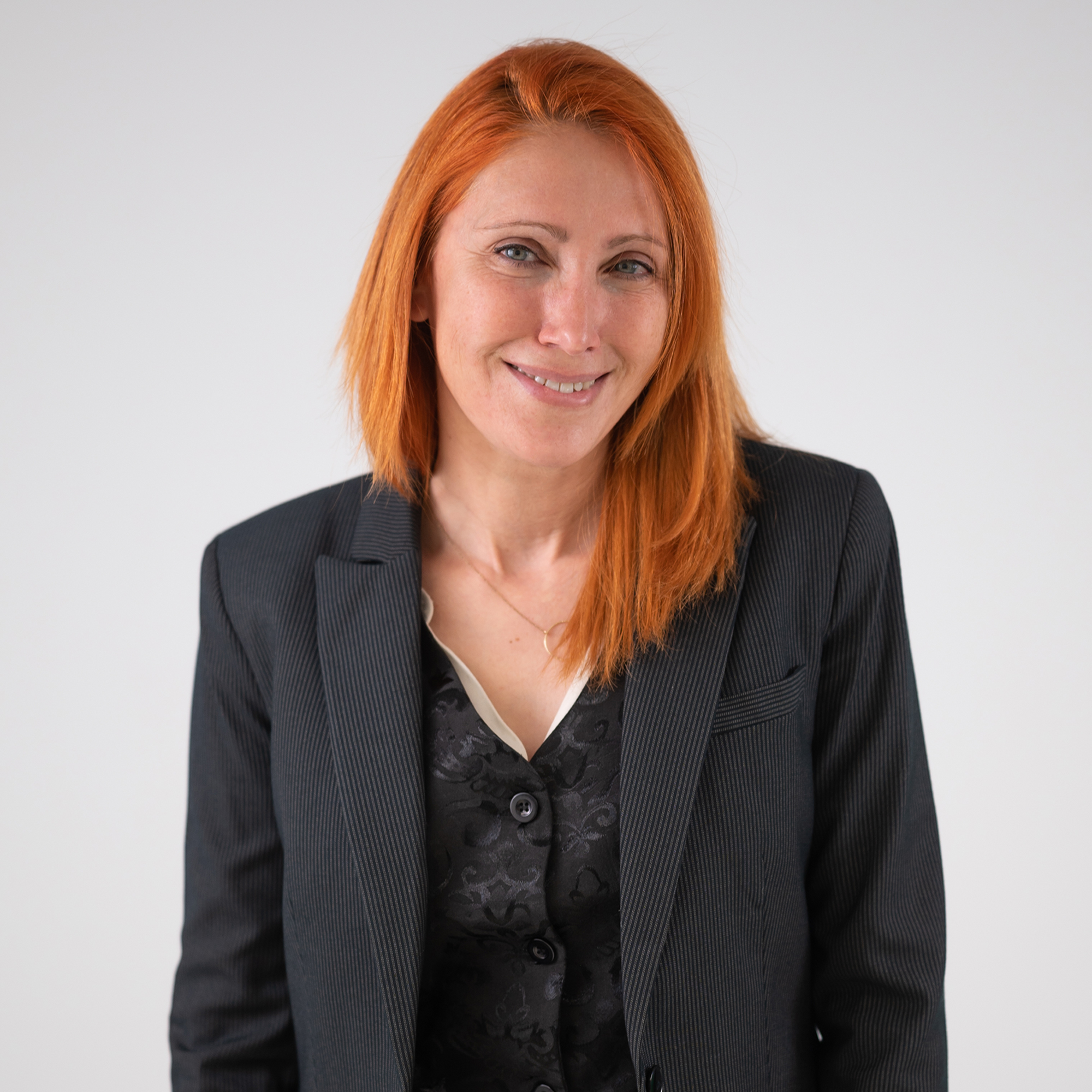Michal Shimoni is an awarded scientific expert in the field of hyperspectral. She has extensive experience implementing spectral imaging in various applications, including security and defence, environmental pollution, precision agriculture, water quality, natural and anthropogenic hazard and urban landcover mapping.
She has a broad knowledge of machine learning, multi-sensor imaging, 3D and physical modelling, and integrating sensors into airborne and space-borne platforms. Due to this, she became a leading expert in several research and development programs of the European Commission, European Space Agency, NATO, and European Defence Agency.
Michal is also a very active senior member of the International society IEEE within she is an associate editor of the academic journal IEEE-GRSL and was the technical chair of the IEEE’s flagged conference IGARSS in 2021. On the 31st of March 2022, she joined Kuva Space as Head of Applications.
After 22 years of a successful career in the Belgian Royal Military Academy, what led you to decide to join Kuva Space?
I believe that in the nearest future, hyperspectral constellations of small cube satellites will revolutionise the way we measure and analyse the earth’s surface.
In addition, to providing insights into the physics and chemistry of natural and human phenomena, spaceborne technologies would also enable us to monitor changes in the elements on a sub-daily basis and predict growth, modification, and development with high precision. Better prediction and forecast would provide enormous economic opportunities to many sectors, which would help catalyse innovations in many applications.
I joined Kuva Space because I would like to look to the future rather than the past, and I would like to be able to play a role in the way hyperspectral would alter the future.
Isn’t switching working environments from the military and academy to the private sector too harsh?
It is a divergence, and indeed, although I have worked with the space tech industry, I was on the user’s side, defining the requirements and testing the technologies rather than being part of the designing, creating or manufacturing team.
Working for the defence sector and answering NATO operational requirements gave me access to the latest hyperspectral technologies and challenged me to provide a rapid and accurate solution for a specific problem. The space tech industry requires creativity and challenges us to develop new solutions to a wide variety of concerns.
How is it to be a woman in sectors dominated by men?
There are definitely some challenges for a woman pursuing a career in a male-dominated field. It can be intimidating to be in the minority. I learned that my intellectual curiosity and ability to dive into my responsibilities by working hands-on and learning about the issues to be resolved helped me develop essential skills and build confidence.
As a Kuva Space employee, I am proud to be part of a company that prioritises gender equality in its hiring process and plans to grow into a large company with a diverse and gender-balanced workforce.
We are over-thrilled to have Michal on our team!
If you are interested in a position at Kuva Space, feel free to visit our career site!

